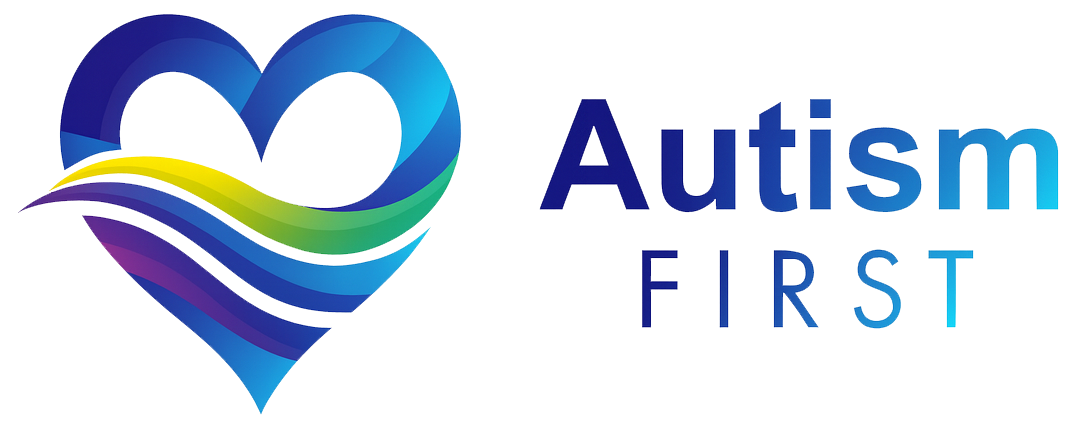Through play, children can:
-
Explore new toys and interests. Many children naturally gravitate toward a few favorite toys or items. By introducing a wider variety of play materials, we expand their opportunities to discover new games and activities.
-
Practice sharing and turn-taking. These skills can be difficult for most children and take time to learn. Play with peers creates a natural space to practice the “rules” of sharing and turn-taking.
-
Learn to recognize and respond to social cues. Play helps children notice facial expressions, gestures, and body language, and practice responding in appropriate ways.
-
Build emotional regulation. Role play and pretend play are fun, interactive ways for children to practice managing big feelings and applying coping strategies they have learned.
-
Develop creativity and problem-solving skills. Open-ended play encourages imagination and helps children explore different ways to solve problems.
-
Build relationships. While some children prefer solitary play, engaging with peers through play creates opportunities to connect and form meaningful friendships.
What is the difference between structured and unstructured play?
Both structured and unstructured play support important developmental skills in different ways:
- Structured play (like board games or guided activities) provides practice in skills children have already learned. With adult support, children gain confidence and experience success.
- Unstructured play (like building with blocks or imaginative pretend play) allows creativity to flourish. It encourages independence while still giving adults the chance to enrich the experience by narrating the child’s actions and following their lead.
What parents should know
Play is more than fun — it’s a powerful way for children to learn, grow, and connect with others. Whether structured or unstructured, every type of play offers children a chance to develop skills that prepare them for school, friendship, and life.
At Autism F.I.R.S.T., we believe in the power of play. That’s why it is at the heart of our Steps Ahead Day Program (ages 2-6) and Social Skills Groups (grades 1st – 5th and grades 6th – 8th). Through guided and play-based learning, children build communication, confidence, and relationships that last.
Frequently Asked Questions About Play and Autism
Does play therapy help children with autism?
Yes. Play therapy helps children with autism build communication, social, and emotional skills in a natural, supportive setting. It provides opportunities for self-expression, problem-solving, and learning how to connect with others.
How can parents encourage play at home?
Parents can encourage play by offering a variety of toys, joining in their child’s play, and following the child’s lead. Even 10–15 minutes of daily play can help strengthen connection, boost confidence, and practice skills learned in therapy.
What is the difference between structured play and unstructured play?
Structured play includes guided activities with clear rules, like board games or puzzles, and helps children practice specific skills. Unstructured play, such as pretend play or free building, fosters creativity, independence, and imagination.
Why is play important for children with autism?
Play is essential because it teaches children how to share, take turns, read social cues, regulate emotions, and form friendships — all while having fun.
